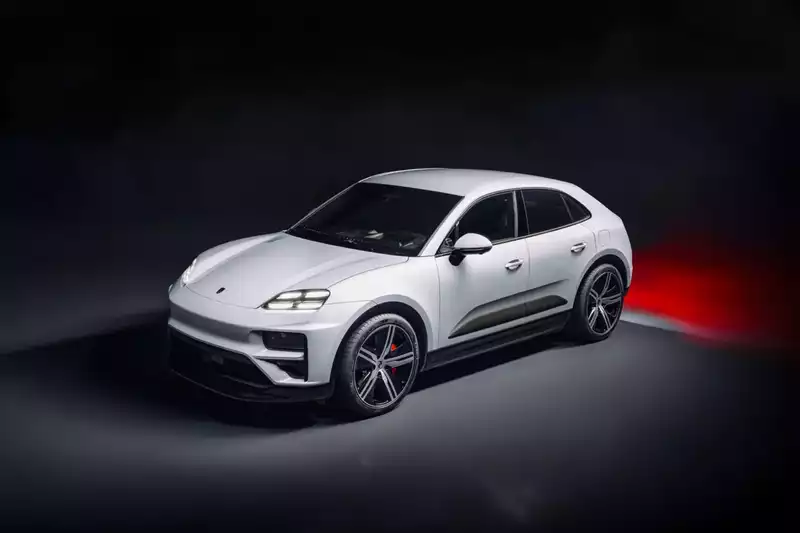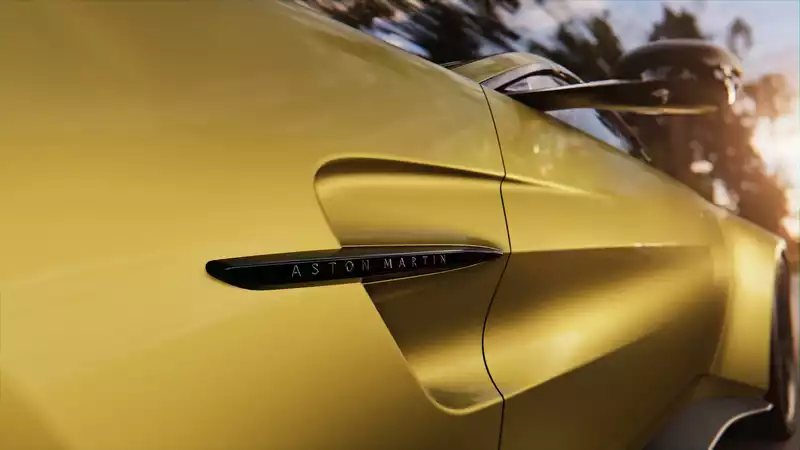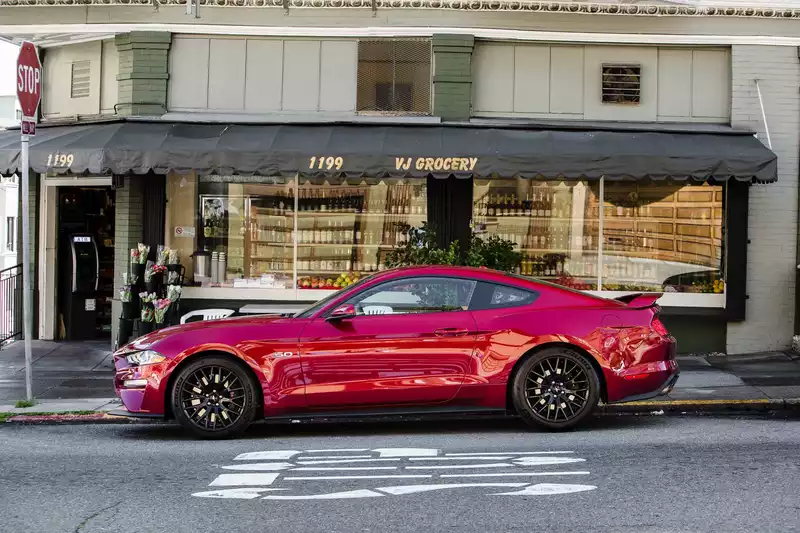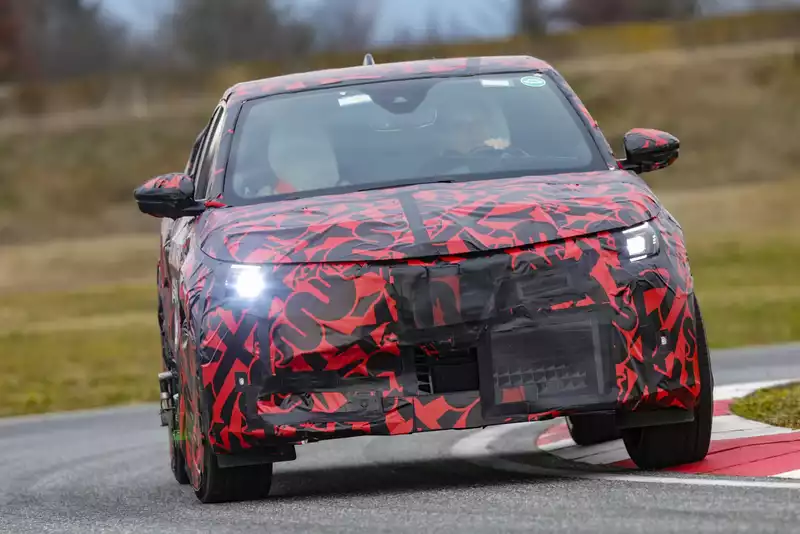After 93 years, the new Bentley Speed Six makes its debut at the Goodwood Festival of Speed

Although Bentley no longer competes in Le Mans, it dominated the event in its formative years as an automaker, winning five times between 1924 and 1930. Bentley is not competing in Le Mans today. Two of those wins (in 1929 and 1930) were achieved by the legendary Speed Six, thanks to Bentley's Boys "Tim" Barkin, Glen Kidson, and Ulf Barnato. Barnato was also Bentley's chairman at the time.
Bentley announced last year that it plans to build 12 modern versions of the Speed Six as part of its Continuation Series program, which was launched late last year with a modern version of the 1929 Bentley Blower. Under this program, Bentley will build additional versions of its earlier cars, often using parts made with the same technology used back then.
The first modern Speed Six has now been completed and is a prototype version of Bentley's own car, first unveiled Thursday at the 2023 Goodwood Festival of Speed. As a prototype, it will be used for real-world endurance testing, including on the race track.
Production of the first customer cars will begin in October. Each vehicle will take approximately 10 months to complete, with all 12 vehicles expected to be completed by the end of 2025. The same team from Bentley's Mariner Personalization division is working on this project as in the previous Blower Continuation Series.
Building the cars was not an easy process, especially since Bentley wanted to build the Speed Six to the same specifications as the Le Mans winner. The team relied on original drawings, mechanic's notes, and 3D scans of the original car.
For the engine alone, over 600 parts were needed. The first dyno test of the latest 6.5-liter inline 6-cylinder engine showed that it produced 205 hp at its peak, within 5 hp of the record set by the original race-tuned engine.
The quest for authenticity extended to the paint and interior trim colors, which the team matched to samples in the archives of the National Motor Museum in England.
Incidentally, despite a price tag of 1.5 million euros (about $1.67 million), all 12 production slots for the modern Speed Six are gone.





